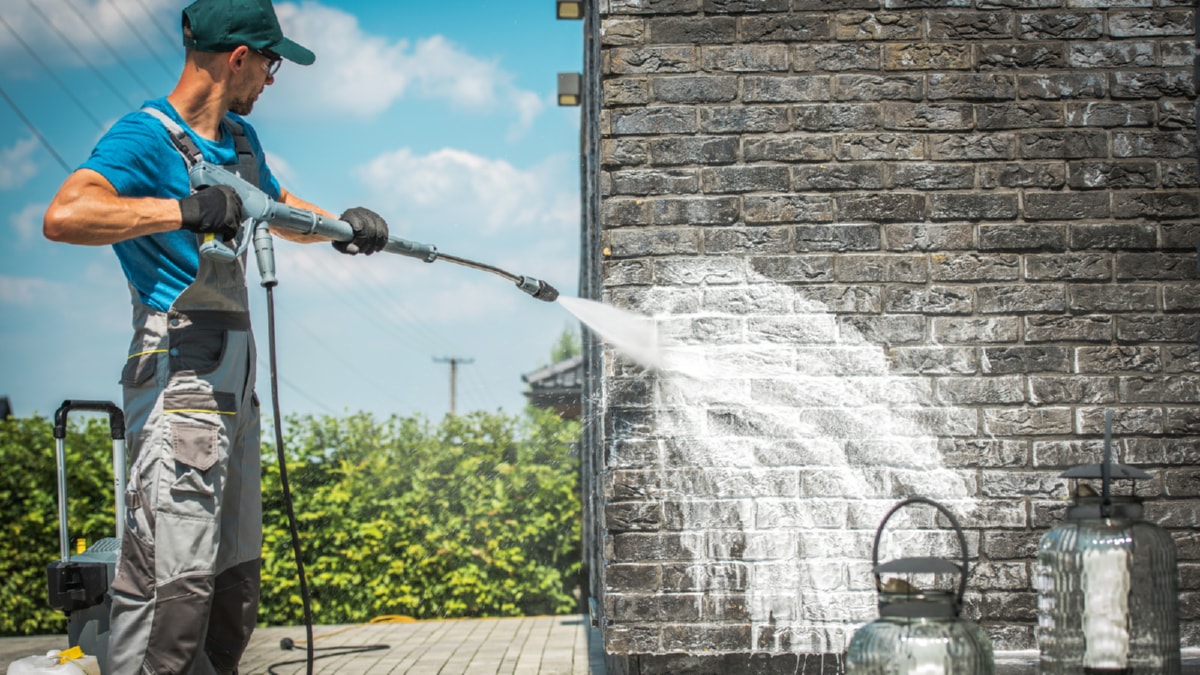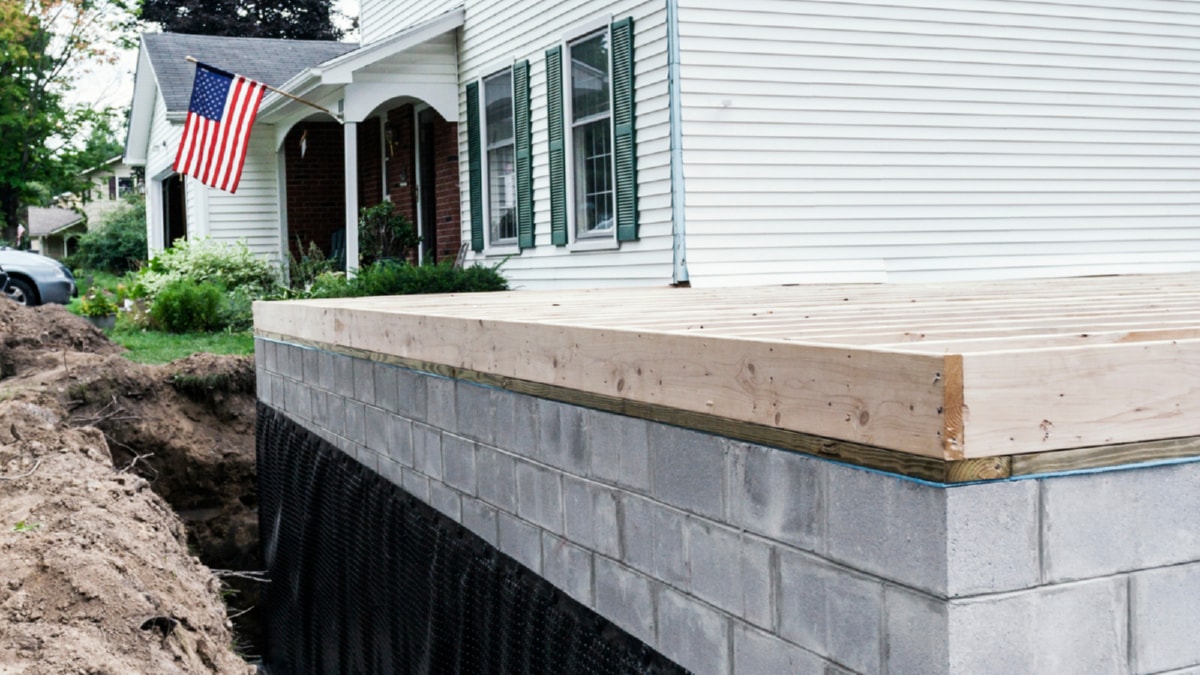Why Safety Regulations Matter in the Construction Industry
The construction industry is notorious for its potential hazards. As such, the significance of safety measures cannot be overstated. These practices are not only essential for protecting the workforce but also are instrumental in ensuring that projects are completed on time and within budget.
Safety regulations in the construction industry are of paramount importance. They are designed to protect workers from potential hazards, including falls from height, being struck by objects, electrocutions, and getting caught in or between machinery. These regulations are not just for show; they save lives. According to the Occupational Safety and Health Administration (OSHA), in the United States alone, one in five worker deaths in 2019 were in construction. This stark statistic highlights the absolute necessity for robust safety measures.
Aside from protecting workers, safety measures also are vital in maintaining project timelines and budgets. Accidents and injuries result in delays and increased costs. The indirect costs of incidents, such as damaged equipment, legal fees, and increased insurance premiums, can quickly add up. Therefore, investing in safety can actually save money in the long run.
Most Useful Construction Tools That Everyone Should Know
Construction tools are the lifeblood of any construction project. From simple hand tools to sophisticated machinery, these tools empower professionals to construct, repair, and maintain structures effectively. Here are some of the indispensable construction tools that everyone should know.
Firstly, the humble hammer is a staple in any builder’s toolkit. Whether for driving nails into wood or breaking up materials, a hammer is a must-have. Similarly, a tape measure is required for precise measurements, a fundamental aspect of construction work.
Power tools such as drills and saws are also crucial. Drills are used for making holes in materials like wood, metal, or concrete, while saws are designed to cut through these materials. These power tools boost productivity and can make the job much more straightforward.
Latest Developments in the Construction Field
The construction industry is always changing, with new technologies and practices being introduced regularly. These advancements enhance productivity, reduce costs, and, importantly, improve safety conditions for workers.
For instance, Building Information Modeling (BIM) is a new development that allows for better planning and design through the use of 3D modeling. It helps to detect potential issues before construction begins, reducing the risk of costly errors.
Another innovative advancement eco-friendly is the use of drones. These unmanned aerial vehicles can be used to survey sites quickly and safely, providing valuable data and reducing the risk of injury to workers.
In summary, the construction industry is a ever-changing field. The importance of safety measures, the necessity of having the right tools, and the impact of recent advancements all play a crucial role in its progression.
For more details, check best Paving Service Dublin or visit their Paving Dublin business listing here.




